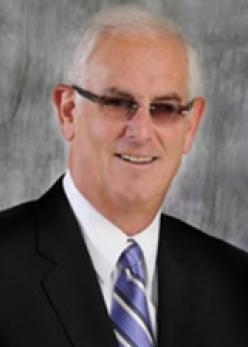Jayhawk Athletic Performance Lab



Our scope
Mission
Focus
Vision
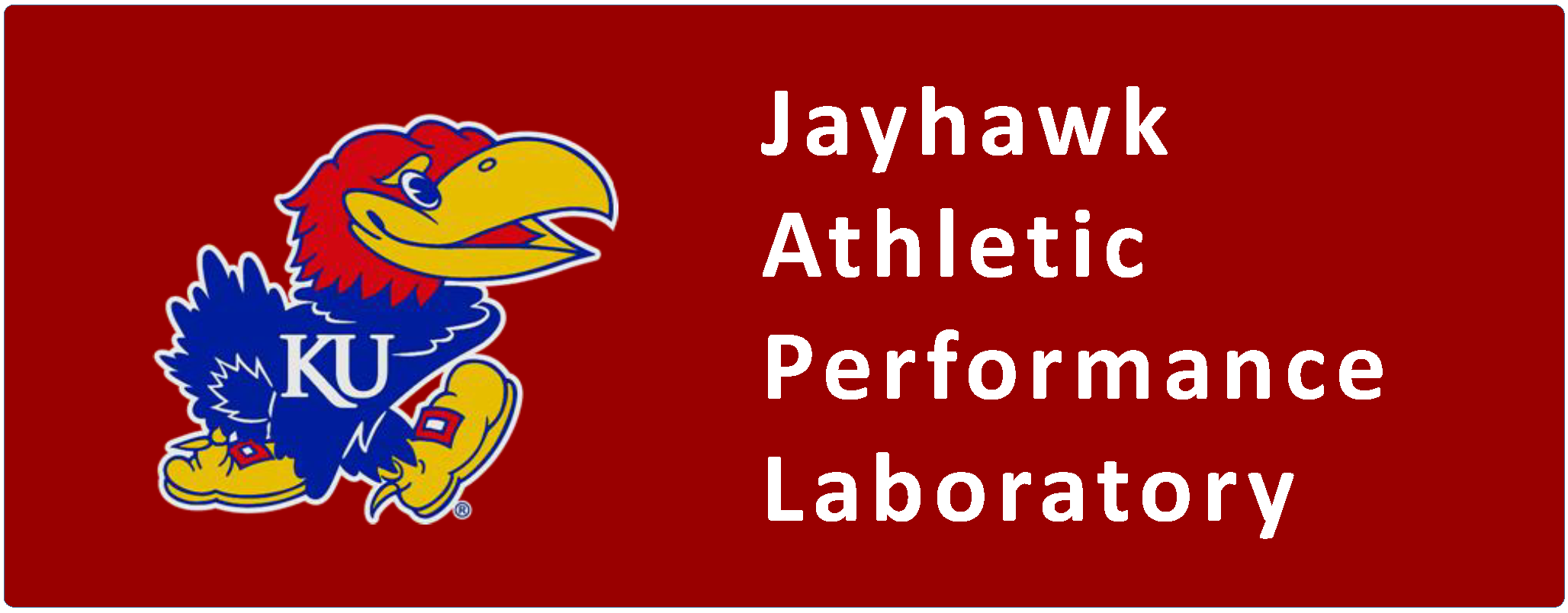
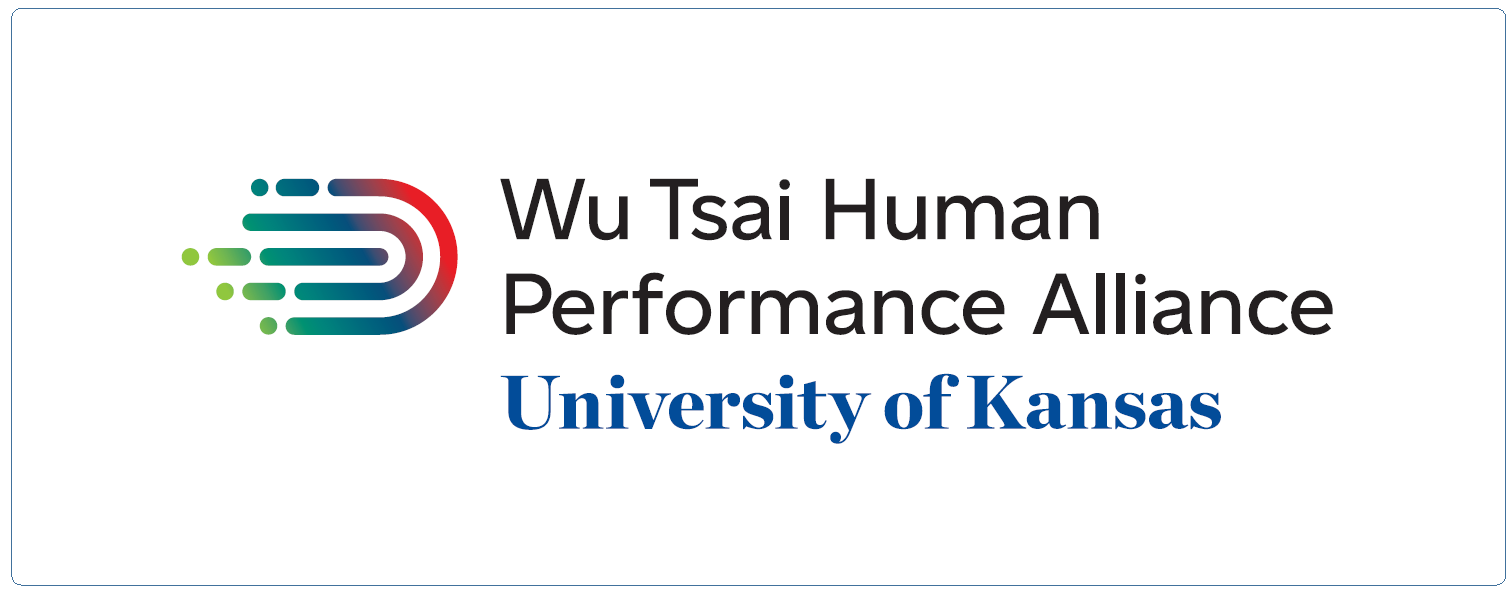
Collaborations & Services
- Develop educational opportunities for KU students through internships and coursework;
- Collaborate with KU departments and units;
- Collaborate with other universities in the U.S. and abroad;
- Collaborate with corporate partners;
- Collaborate with secondary school systems across Kansas; and
- Create educational opportunities via conferences, visiting professors or students.
Opportunities for Students & Fellow Researchers
Students studying exercise science or exercise physiology, or students with an interest in sport science at the University of Kansas are welcome to become members of the Jayhawk Athletic Performance Laboratory research team. Bi-monthly meetings are held to discuss and evaluate ongoing and future projects and collaborations with all interested individuals. Student research activities range from assisting with data collection and analyses, to writing and presenting results at professional conferences, or developing projects of their own. In many cases, students help write scientific manuscripts for publication, or internal white papers designed to provide rapid feedback to coaches and athletes. Interested parties are always welcome to contact our lab to discuss collaborations or visitations.
Future Research
- International Collaborations & Data Collections (professional, Olympic & National teams, sport academies, leagues and sport governing bodies)
- Long-Term Athlete Development (Youth Exercise and Sports Center)
- Military/Tactical (University of Pittsburgh, Warrior Human Performance Research Center)
- Para-Athletes
- Professional Soccer (KC Comets)
Collaborations & Services
- Develop educational opportunities for KU students through internships and coursework;
- Collaborate with KU departments and units;
- Collaborate with other universities in the U.S. and abroad;
- Collaborate with corporate partners;
- Collaborate with secondary school systems across Kansas; and
- Create educational opportunities via conferences, visiting professors or students.
Opportunities for Students & Fellow Researchers
Students studying exercise science or exercise physiology, or students with an interest in sport science at the University of Kansas are welcome to become members of the Jayhawk Athletic Performance Laboratory research team. Bi-monthly meetings are held to discuss and evaluate ongoing and future projects and collaborations with all interested individuals. Student research activities range from assisting with data collection and analyses, to writing and presenting results at professional conferences, or developing projects of their own. In many cases, students help write scientific manuscripts for publication, or internal white papers designed to provide rapid feedback to coaches and athletes. Interested parties are always welcome to contact our lab to discuss collaborations or visitations.
Future Research
- International Collaborations & Data Collections (professional, Olympic & National teams, sport academies, leagues and sport governing bodies)
- Long-Term Athlete Development (Youth Exercise and Sports Center)
- Military/Tactical (University of Pittsburgh, Warrior Human Performance Research Center)
- Para-Athletes
- Professional Soccer (KC Comets)
Testing Capabilities & Equipment
- DARI Markerless Motion Capture Systems (2)
- DARI moveable camera arrays (2)
- Half-court camera array
- OpenCap markerless motion capture system (2)
- Multiple high resolution camcorders
- Video lighting system
- EliteForm markerless resistance exercise tracking system
- Noah basketball tracking system
- Bertec 2x4 3-D force plate
- Bertec 1x1.5 3-D force plate
- AxioForce 2x2 3-D force plates (2)
- Hawkins portable 1-D force plate systems (3)
- Vald ForceDeck 1-D force plate systems (2)
- Sparta 1-D force plate system
- Rough Deck 3x8 1-D force plate
- Rough Deck 3x5 1-D force plate
- BioPac data acquisition system
- Digitech data acquisition systems (2)
- Unimeasure dual channel ceiling-mounted velocity-position transducer
- Unimeasure dual channel velocity-position transducer
- Tendo portable systems (2)
- Tendo computer-interfaced system
- Beast magnetic accelerometer devices
- DARI Impulse accelerometers
- Sorinex IMTP rack
- PowerLift half rack lifting station
- Poseidon isokinetic lifting station
- ExerFly rotational inertia system
- Concept II rowing ergometer, instrumented (force plates, load cell, accelerometer, velocity-position transducer)
- Concept II rowing ergometer
- Last500 rowing ergometer w/load cell
- Woodway Force 3.0 computer interfaced treadmill
- Standard running treadmill
- Monark cycle ergometer
- Pro-Spot lifting station
- Strive sprinting-running system
- Lila Exogen wearable resistance
- Brower sprint timing system
- 1080 Motion sprinting system
- Stalker sprint radar systems (2)
- Stalker baseball radar system
- Country Time radar system
- Pocket radar system
- Trackman portable system for baseball
- Rapsodo hitting module
- Rapsodo pitching module
- Blast batting accelerometer systems
- iHack Attack programmable pitching machine
- One-wheel pitching machine
- 55’ batting cage
- L-screens (2)
- Bownet hitting sock
- Bownet protective screen
- 10x10 protective screen
- 9-hole pitching target
- Moveable pitching mound
- Top Hopper vertical jump testing systems (4)
- Portable basketball backboard system
- Foam plyometric boxes
- Metal plyometric boxes
- DC Blocks stacking system
- Keiser pneumatic leg press, computer-interfaced
- Universal leg press station
- Samson double-rack lifting stations (6)
- Eleiko barbells
- Ohio Power barbells
- York barbells
- Metal plates
- Eleiko bumper plates
- Economy bumper plates
- Dumbbells and rack
- 3-D printer
- Large wall-mounted monitors (2)
- Large portable monitor
- Large projection system
- Mondo sprint lane, 15m
- Turf sprint lane, 15m
- Plate reader
- Plate washer
- Refrigerated swinging centrifuge
- -40 deg C small freezer
- -20 deg C freezer
- Access to large -80 deg freezer
- 4 deg refrigerator
- Hoefer large format gel system
- Access to Odyssey infrared imaging system
- Nikon microscope with camera system
- pH meters
- Portable lactate readers
- Portable hemoglobin reader
- Hematocrit centrifuge & reader
- Wet lab with related supplies
- Access to RMR system in lab
- Low-pressure hyperbaric chamber
- Phlebotomy exam room
- SECA body composition system
- Inbody portable body composition system
- Harpenden skinfold calipers
- Broad-blade anthropometers
- Misc. goniomters
- Sit & reach boxes
- Volleyball net
- Volleyball setting net
- Volleyball attacking frame
- Misc. basketballs, volleyballs, soccer balls, baseballs, softballs, etc.
Wu Tsai Human Performance Alliance
The Jayhawk Athletic Performance Laboratory is part of the Wu Tsai Human Performance Alliance.
FAQs
The Wu Tsai Human Performance Alliance is funded by the Clara Wu and Joseph Tsai Foundation, and involves a collaborative effort between six primary institutions; Stanford University, the University of Oregon, the University of California-San Diego, the Salk Institute, Boston Children’s Hospital, and the University of Kansas.
To seek the unknown principles of peak performance, so that they can be translated to youth development, athletic excellence, adult resiliency, and long, healthy lifespans.
Headquarters: The operational headquarters of the Alliance is housed at Stanford University, and includes oversight of research, communications and educational activities.
These are the major projects of the Alliance that address topics highly relevant to the mission of the Alliance and are often more basic in nature.
Stanford University: Moonshot 1 is the Digital Athlete project, which is designed to understand how athletes of all ages can train to achieve peak physical performance. By creating predictive models to guide training and treatment for athletes, the Digital Athlete will help improve human health for all.
University of Oregon: Moonshot 2 focuses on Regenerative Rehabilitation, which focuses on synergizing regenerative medicine and rehabilitation protocols to restore function to damaged tissues, and eventually decrease risk of injuries before they happen.
Salk Institute: Moonshot 3 is the Molecular Athlete project, which maps molecules and gene expression that occur during performance to help maximize performance, healing, and recovery. Additionally, the effect of various biorhythms on these outcomes is a particular emphasis.
University of California, San Diego: Moonshot 4 is the Multiscale Athlete, which synthesizes experimental measurements across biological scales to predict molecular and cellular states of tissues and their effects on whole body performance. Biological responses to training, sleep, diet, stress, injury, and other factors depend on the integration of the molecular, multicellular, and extracellular matrix dynamics that determine the functional states of tissues.
These are the more applied projects of the Alliance that address the interface with the end user (e.g., coach, high performer, sports medicine staff).
Boston Children’s Hospital: The Female Athlete Center Innovation Hub focuses on conducting female-specific translational research pertaining to the physiological, mental and sociological well-being of female athletes and innovating ways to improve the health of girls and women of all abilities through athletic participation and performance.
Stanford University: The Human Performance Laboratory Innovation Hub focuses on advancing the use of wearable sensors and other digital technologies to optimize athlete performance and health. It applies a design-focused approach to identify needs, invent solutions, and implement prototypes that address key bottlenecks in achieving this goal.
University of Kansas: The Jayhawk Athletic Performance Laboratory Innovation Hub translates scientific data to the playing field by working directly with coaches and athletes. Topics include sport technique, game strategy, training methods, sports biomechanics, sports physiology, psychological climate, determination of key performance indicators (KPIs), long-term athlete monitoring, and new sport technologies.
University of Oregon: The Bowerman Sports Science Center Innovation Hub is one of the pre-eminent distance running research centers in the world and focuses on the development of predictive biomarkers and AI-based algorithms to improve the performance and injury recovery of track and field athletes at the developmental, elite, and masters levels.
University of California, San Diego: The Triton Center for Performance and Injury Science Innovation Hub focuses on designing next-generation tools to acquire high-value tissue and cell samples from athletes, creating a repository of the resulting biospecimens, and translating discoveries from bioassay analysis to the clinic for the benefit of athletes and the public.

Research Team
Members of the research team
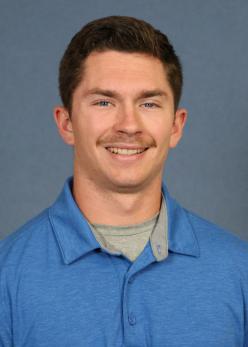
Caleb Bean
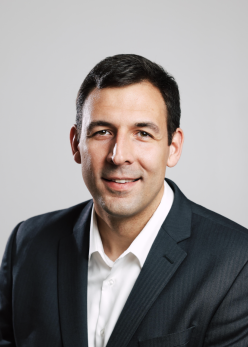
Dimitrije Cabarkapa
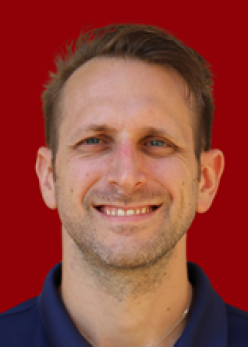
Joe DeLeo
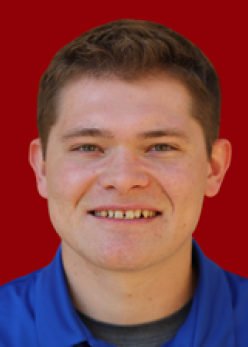
Drake Eserhaut
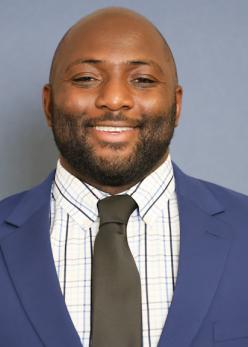
Quincy Johnson
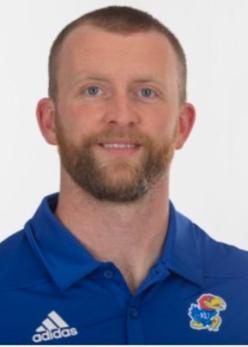
Conor McNally
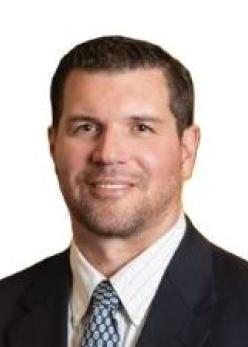
Thayne Munce
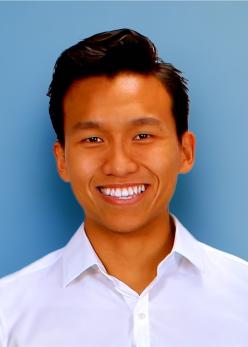
Minh Nguyen
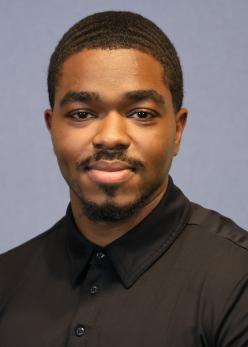
Sam Norwood
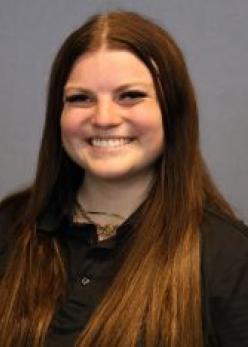
Madi Rink
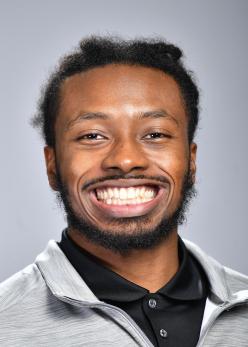
Angeleau Scott
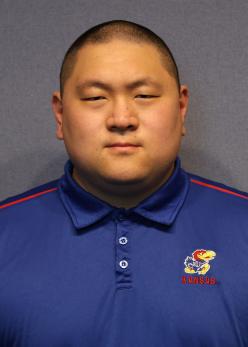
Yang Yang
Advisory Board
Members of the advisory board
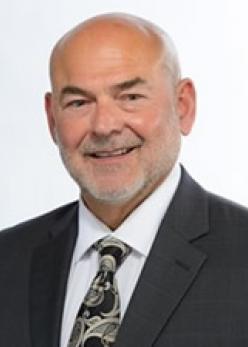
Bob Alejo
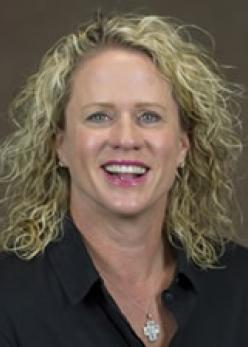
Andrea Hudy
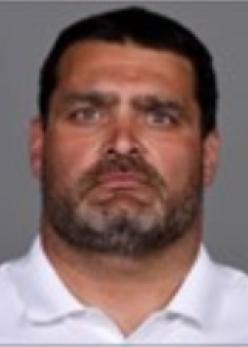
Joe Kenn
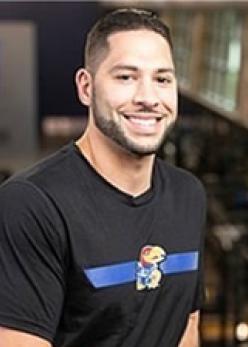
Ramsey Nijem
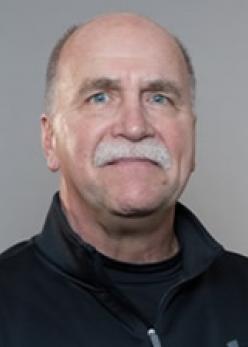
Mike Nitka
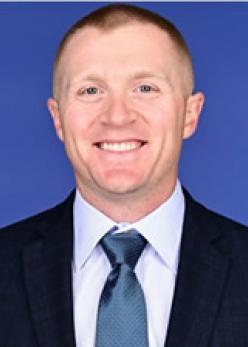
John Wagle
Jayhawk Athletic Performance Lab Stories

University of Kansas HSES Research well represented at NSCA National Conference

KU researcher Dr. Dimitrije Cabarkapa honored with the NSCA 2024 Young Investigator Award

Faculty Spotlight: Dr. Andrew Fry

